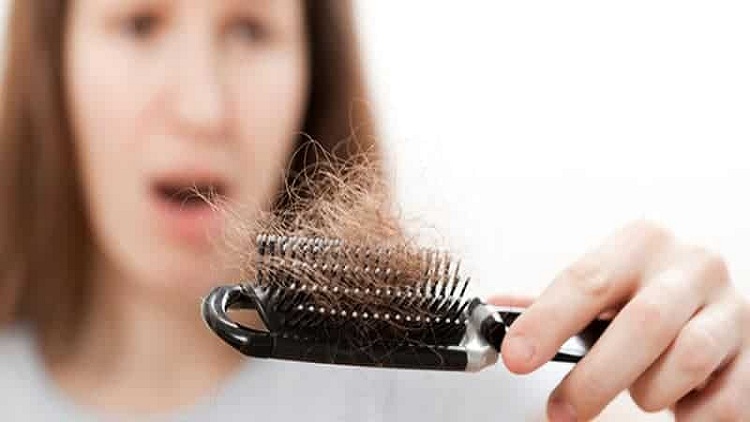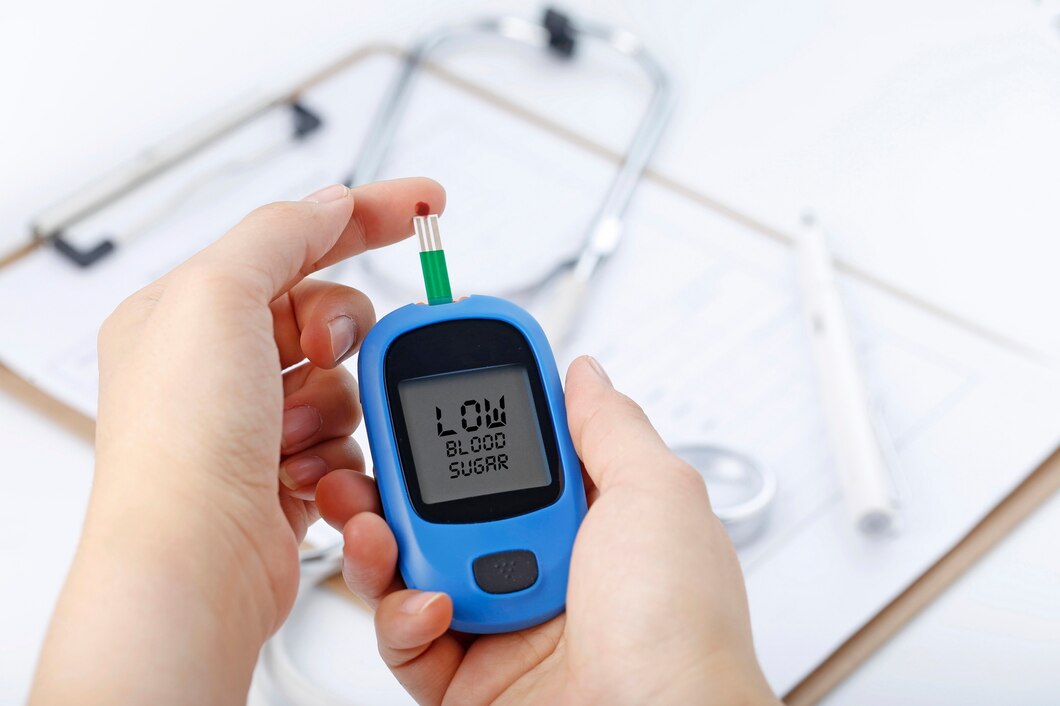
Does Diabetes Cause Hair Loss?
Hair loss is one of the symptoms and health concerns related to diabetes. Good blood sugar management, on the other hand, may help to reverse the effects of hair loss. Hair loss is a common part of the hair’s life cycle. Hair will fall out as it reaches the end of its cycle. To replace it, a new hair will usually grow from the same hair follicle. However, new hair may fail to develop at times. This hair loss might be noticeable if there are significant regions of the head where new hairs do not grow.
Diabetes & Hair Loss
Diabetes can cause hair thinning and hair loss in certain people because it affects the hair growth cycle in the following ways:
- obstructing hair growth
- causing hair to grow faster than usual
- blocking the growth of new hair
A person with diabetes may lose hair for a variety of reasons, but the most frequent ones are listed here.
Stress & Hormonal Imbalance
Diabetic patients frequently experience physical and mental stress. Stress can cause hormonal changes, which can disrupt the regular hair growth cycle.
Alopecia Areata
Due to an abnormal immune response, the person’s immune system attacks normal hair follicles in this scalp issue. People with Type 1 diabetes are particularly susceptible. Hair loss can appear in spots on the arms, head, and other areas where hair grows regularly.
High Blood Sugar
Untreated or unmanaged diabetes performance can lead to high blood sugar levels, which have a negative influence on general health. Uncontrolled blood sugar typically causes harm to many of your blood vessels, organs, and tissues.
Impaired blood arteries impede normal blood flow, resulting in oxygen and nutritional deficiency. This disrupts the growth cycle of hair follicles, leading to hair fall and loss.
We are an experienced Stevia Manufacturer in India, providing the best natural sweetener to all health and fitness lovers. We are sure that you will never again experience hair loss.
Hair Growth Cycle & Diabetes
Typically, hair passes through three stages. Hairs develop at a range of 1 to 2 cm each month throughout the active growth period, which lasts two years or more. The hair then enters a resting period that lasts around 100 days. Some of the resting hair falls off after this stage.
Diabetes can disrupt this cycle, decreasing hair growth. Diabetes might also cause you to lose more hair than you normally would. Hair loss isn’t limited to your head. Hair loss can occur on your arms, legs, and other body areas. When hair grows back, it does so at a slower rate than usual.
How to Get Rid Of Hair Loss?
Topical medicines, biotin, and lifestyle changes are one of the treatment options for hair loss. However, the majority of these therapies rarely offer long-term improvements.
Topical Medication
Minoxidil (Rogaine) is a common hair loss medication. The medicine is applied directly to the regions of the body where hair loss has occurred.
Biotin
Biotin is a vitamin B subtype that occurs naturally in a variety of foods. Some diabetics have decreased biotin levels in their bodies. According to a 2014 analysis, there is evidence that biotin may help reduce hair loss in some people.
Lifestyle Changes
Although exercise cannot prevent or reverse hair loss, it can assist the body in maintaining proper blood circulation. Exercise on a regular basis can assist improve blood flow to several areas of the body, including the hair follicles and the upper and lower extremities. It can also assist a person regulate their blood sugar levels.
Bottom Line
Uncontrolled blood sugar levels, mental and physical stress, and hormone imbalances are the major reasons for hair loss in diabetics.
Using medicines and lifestyle changes to regulate blood sugar levels may help reverse or delay the consequences of hair loss. Some medicines are also available to address hair loss, however their effects can be temporary.
More Blogs
Stevia Powder vs. Liquid
Stevia Powder Benefits
Stevia Powder Uses
















